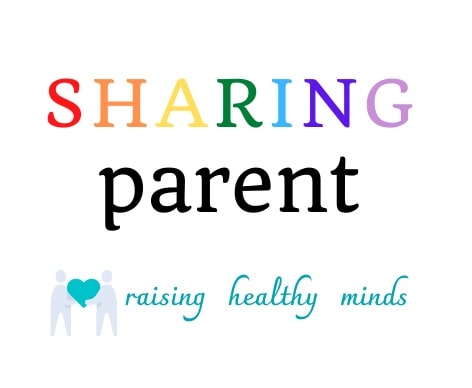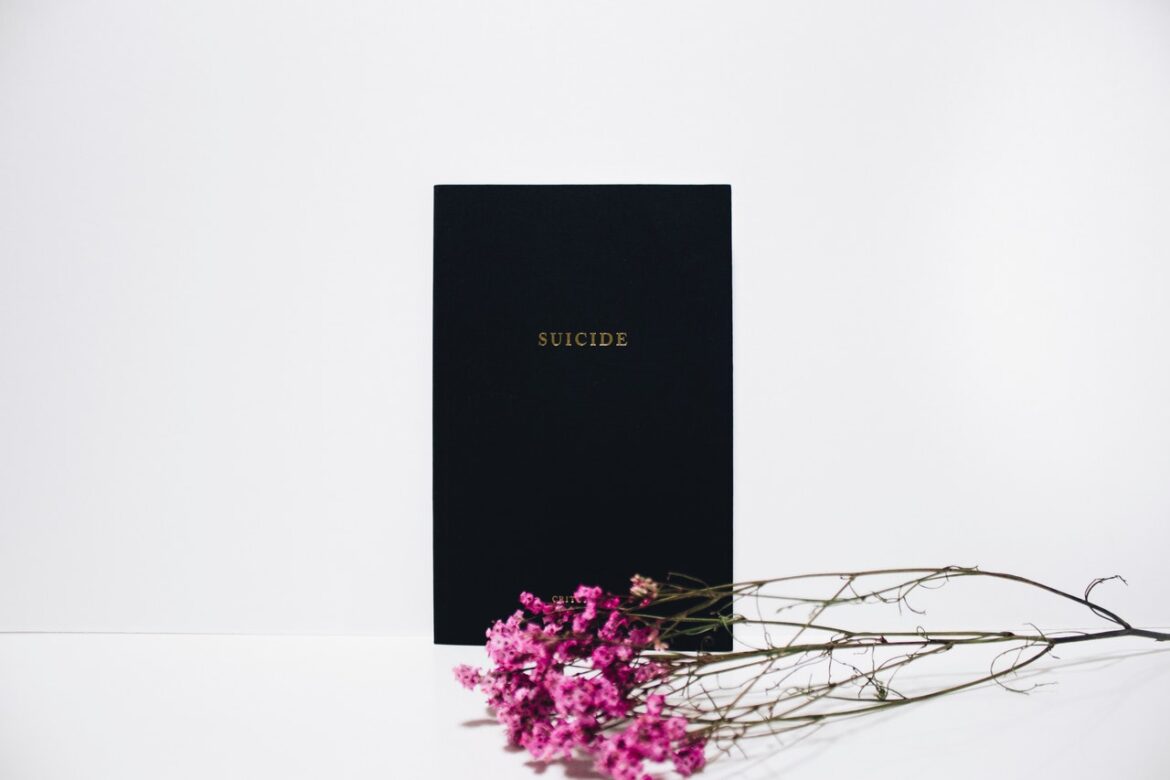The Oprah Winfrey interview with Meghan Markle brought not just a whirlwind of discussion on racism, but a much needed focus on perinatal depression. Perinatal depression is depression which exists during and after pregnancy. Most people have only heard of postnatal depression which only occurs after birth, but depression during pregnancy (also known as prenatal depression) is very real and should not be overlooked.
Why Markle’s suicidal thoughts resonate with me and millions of others suffering from perinatal depression
Meghan’s suicidal thoughts during pregnancy has been hotly debated on Twitter and in the media by Piers Morgan and other celebrities.
I just didn’t want to be alive anymore … And that was a very clear and real and frightening constant thought…I’ve never felt this way before, and I need to go somewhere [to get help]…I was ashamed to say it at the time and ashamed to have to admit it to Harry. But I knew that if I didn’t say it, then I would do it.
Recalling a particularly dark period in January 2019, Meghan Markle
Meghan Markle’s comments resonate with me so deeply as I too have felt hopeless and suicidal. I have felt (and still do) feel too ashamed to speak about it. Just like Meghan, I also never felt depression quite like this before. I had felt depressed before, but my depression had never felt so extreme that I had felt suicidal. For me, pregnancy depression felt very different from non-pregnancy depression.
These horrific times felt like I had been consumed by darkness, and despite all the joys that did exist I could not feel or witness them. I had no control of my emotions and I would spend my weekly shopping trips (which was the only time I could have some ‘me’ time) sitting in the supermarket car park sobbing uncontrollably.
Pregnancy hormones added on to any stressful triggers is enough to top any women into the dark turmoil of depression. When you add a lack of support, whether from your partner, colleagues or family, this strengthens the feelings of isolation – that is when hope dissipates and suicide becomes a real option.
I know I am not alone in feeling the same way as Meghan Markle. Women across the web bravely acknolwedgd their own experiences and recollected their own perinatal depression and feelings of suicide.
” I had to stop watching when she talked about feeling suicidal. I had postpartum depression after giving birth. I suffered in silence for a long time, because I was ashamed to ask for help. She asked for help and was shamed for it.
@Amybethgo. #MeghanMarkle #MentalHealthMatters (Twitter)
Meghan Blandford on The Sydney Morning Herald also related with Meghan Markle’s honesty.
My children were eight and four at that time, and I’d battled with depression and occasional suicidal thoughts since they were babies. Admitting to this was the toughest challenge of my life; as Meghan said during her interview with Oprah, such thoughts bring with them shock and shame.
Megan Blandford is the author of I’m Fine (and other lies), a memoir of recovering from postnatal depression.
Meghan’s feelings of depression and anxiety have been felt by so many pregnant women around the world, and I applaud her in her bravery of publicising this. Around the world 10% of pregnant women and 13% of women who have just given birth are experiencing mental health issues, most notably depression and anxiety.
What can I do if I feel suicidal during pregnancy
1. Talk and confide
Talk to an empathetic spouse, friend or family member. You may find that some people are able to understand you better than others. I have experienced people telling me to ‘toughen up’ or ‘get over it’. They do not understand it is not as simple as that. My husband and parents struggled to understand the intensity of emotions I felt on a daily basis which made me feel hurt and isolated. By sending them educational videos and articles to learn about perinatal depression has given them a better understanding of my experience. It has encoraged them to become more supportive and sympathetic.
2. Seek help
Depression can not be ignored especially when you are having thoughts of taking your own life. You must speak to your GP. It took me quite some time to admit I needed help but I was afraid to talk to my doctor. I felt worried I would be labelled ‘crazy’. If you are not quite ready to disclose this to your GP, take a baby step and call PANDA . PANDA offers a free hotline and offers support for those with prenatal and postpartum depression. I eventually contacted my GP who was incredibly sympathetic: I have now been referred to a counsellor and have had a few meetings with a therapist. Counsellors and therapists are not miracle workers and you will not feel better immeadiately. But the journey of feeling better does start with getting support from a professional who can guide you in the right direction.
3. Know that things will get better
Life changes like seasons. Your situation and circumstances will change with time. Remembering this is key. Take each day at a time and try and make positive changes to your daily habits. There are some great reads which I have devoured, offering tips on how to overcome depression. ‘The Depression Cure – The 6 step Program to Beat Depression without Drugs’ by Stephen S. Ilardi. PHD offers 7 top tips to overcome depression including getting more exercise, sunshine and sleep.


Comments are closed.